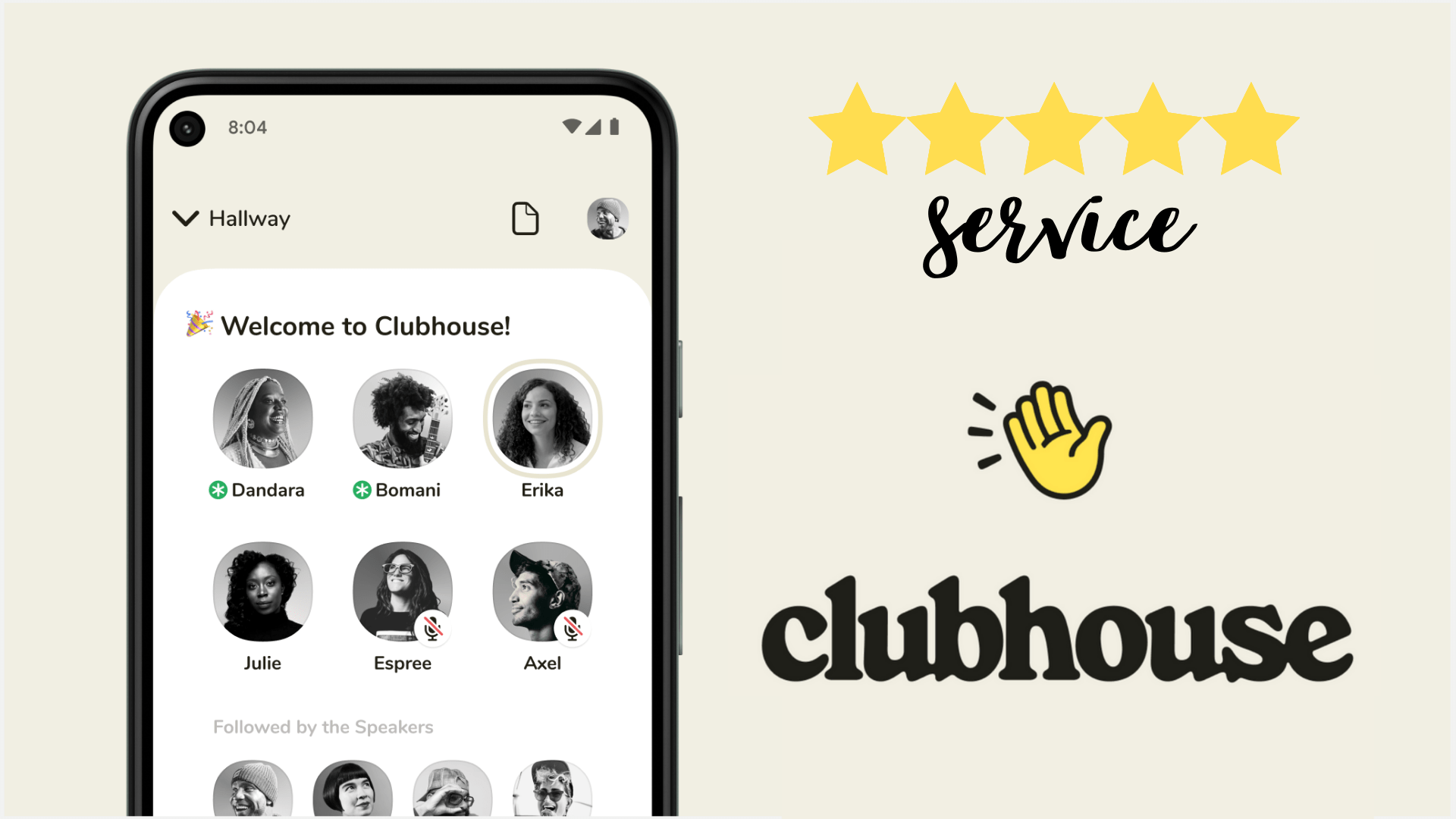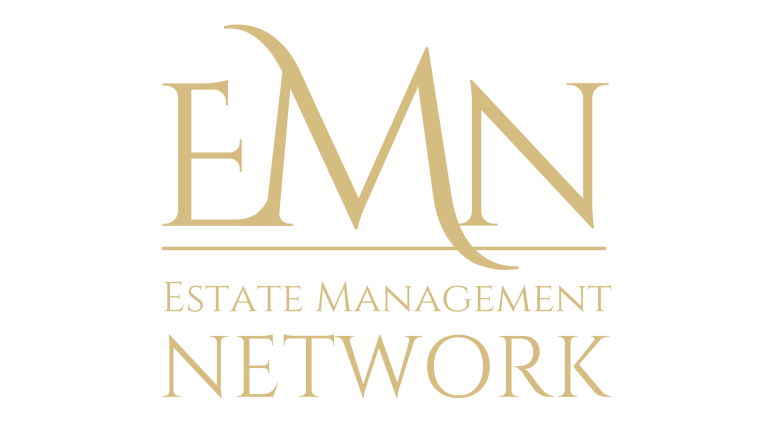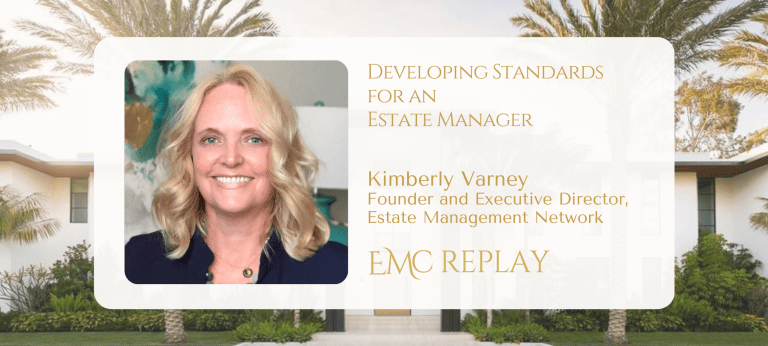Mentorship, coaching, and training are distinct approaches to professional development, each with its own unique characteristics and benefits. By gaining a deeper understanding of the distinctions among these three methods, we can determine the most suitable approach for the network and develop the programs Members want. Let’s discuss the differences:
MENTORSHIP
Mentorship is a relationship-based approach in which a more experienced and knowledgeable individual (the mentor) provides guidance, support, and advice to a less experienced individual (the mentee) in order to help them develop both personally and professionally. Mentors typically share their own experiences, offer valuable insights, and provide wisdom to help mentees navigate their career paths effectively.
Example: A seasoned Estate Manager with extensive experience and expertise in luxury household management could mentor a Household Manager who is new to the industry. The mentor would provide guidance on various aspects of the profession, such as overseeing staff, managing budgets, and maintaining high standards of service.
Beneficiaries: Mentees who seek to gain insights from someone with significant experience in their field benefit from mentorship. It is an individual-focused approach that allows for personalized guidance, making it particularly suitable for those who desire one-on-one support.
Delivery: Mentorship is usually delivered through regular meetings, discussions, and informal interactions between the mentor and mentee. These interactions can take place in person, over the phone, or through virtual platforms.
COACHING
Coaching is a goal-oriented and forward-focused process that involves a qualified coach supporting and guiding individuals in achieving specific objectives. Coaches help individuals identify their strengths, clarify their goals, and develop action plans to enhance their performance and overcome challenges. Unlike mentoring, coaching is less about providing direct advice and more about empowering individuals to discover their own solutions.
Example: An Estate Manager who aspires to improve their leadership skills and increase their efficiency may engage a coach who specializes in management coaching. The coach would work with the Estate Manager to identify areas for development, set goals, and provide ongoing support as they work towards achieving their objectives.
Beneficiaries: Coaching is beneficial for individuals who are motivated to enhance their skills, achieve specific goals, or address particular challenges. It is often used by those seeking professional growth, skill refinement, or career advancement.
Delivery: Coaching can be conducted through one-on-one sessions, either in person or virtually. The coach and coachee collaborate to establish a coaching plan, set goals, and conduct regular check-ins to monitor progress.
TRAINING
Training involves the systematic instruction and development of specific knowledge, skills, or competencies through structured programs or workshops. It is a formalized approach that focuses on imparting specific information, teaching techniques, and enhancing practical abilities. Training programs are designed to meet predetermined learning objectives and typically involve a curriculum and assessment process.
Example: The Estate Management Network may organize a training program to educate its members on the latest industry trends, best practices in staff management, or emerging technologies used in high-end residences. The training sessions would cover relevant topics, provide practical demonstrations, and offer opportunities for participants to practice and apply what they have learned.
Beneficiaries: Training is suited for groups of individuals who require a standardized and structured approach to acquiring specific knowledge or skills. It benefits individuals at various stages of their careers, from entry-level professionals to seasoned practitioners seeking to update their expertise.
Delivery: Training is typically delivered through workshops, seminars, webinars, or online courses. It often involves a combination of theoretical instruction, interactive exercises, and practical demonstrations to ensure participants acquire the desired skills and knowledge.
To determine which approach is best suited for your professional growth, consider your unique circumstances and preferences. Assess your desired outcomes and learning style and whether you thrive in one-on-one interactions, prefer a structured curriculum, or enjoy a collaborative group setting. We’re actively seeking feedback from members for future programs. Please feel free to comment in the forum or send us a message.










